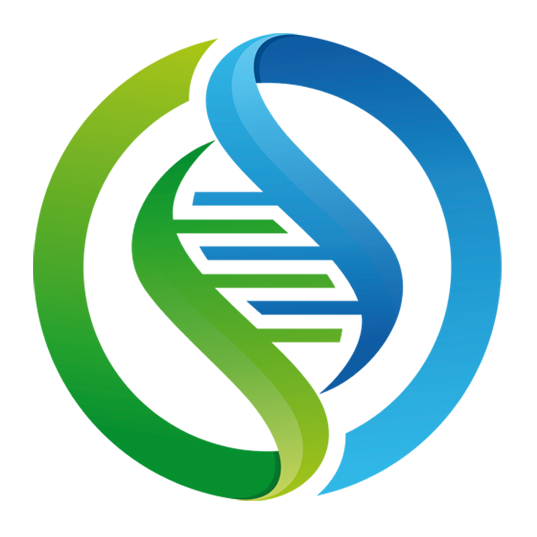Outsourcing of Medical and Scientific Information
MSL

OUTSOURCED MANAGEMENT OF MSLs:
- Why the role of the MSL is essential
- Engaging the MSL
- Prerequisites for MSL recruitment
- MSL activities
- Performance evaluation
- Key Indicators
- Monthly reporting
- Training
- The Scientifield MSL club
Why is the MSL essential throughout the pharmaceutical product development process?
Medical Science Liaisons (MSLs) are more necessary than ever to support the product, especially when the Medical Department is the only entity authorized to interact with (KOLs).
The increasing difficulty for pharmaceutical companies to approach physicians ahead of product launches has led laboratories to rely heavily on the relationship between healthcare professionals and Medical Affairs / MSLs.
Traditionally, the MSL has played a central role in the pre‑launch phase—simply put, responding to KOL requests.
Beyond acting as an intermediary for laboratories and contributing to scientific publications, the MSL also represents the interests of patient.
Integrating patient experience not only ensures smoother, more beneficial care but also attracts the attention of payers, thereby increasing the likelihood of reimbursement.
“An effective MSL strategy will involve segmenting teams so they cover all key stakeholders likely to influence the success of a brand. It should also ensure close coordination of MSLs with all customer‑facing teams and channels, in order to strengthen existing relationships with KOLs.”
The mission of MSLs is to conduct scientific exchanges with KOLs, while also transforming these exchanges—along with patient experience—into a structured narrative focused on quality of care, value, and continuous improvement.
:strip_exif()/reboot/media/4a8df14a-8cc2-11f0-9adc-1a3d8e5696a4/53ac139a-5719-11ea-a08f-0242ac130005/0-0-person-holding-pencil-near-laptop-computer-5fnmwej4taa-jpg.png)
The MSL is engaged at every stage, from clinical development through post‑launch monitoring. They establish and maintain strong scientific communication between the pharmaceutical company and the medical community.

CLINICAL PHASE I–II–III ➤ PRE‑LAUNCH ➤ MARKETING AUTHORIZATION ➤ LAUNCH ➤ POST‑LAUNCH
CLINICAL PHASE I–II–III
CLINICAL DEVELOPMENT PHASE
MSLs work closely with clinical development teams, researchers, and scientific experts to ensure robust understanding and interpretation of data. They are responsible for disseminating clinical results to healthcare professionals, researchers, and other stakeholders, while ensuring two‑way communication. They also participate in the training of internal teams.
PRE‑LAUNCH
PRE‑LAUNCH PHASE
The MSL identifies KOLs.
- Prepares medical tools, scientific summaries, conference presentations, and educational materials.
- Collects patient data and shares insights with the development team to refine the product strategy.
MARKETING AUTHORIZATION APPROVAL (MAA)
PRODUCT LAUNCH
The MSL trains internal commercial and medical teams, equipping them with the necessary scientific knowledge.
Engages with KOLs.
Provides up‑to‑date product information.
Ensures continuous training for physicians, clinicians, and other healthcare professionals.
POST‑LAUNCH
AFTER MARKET AUTHORIZATION
MSLs play a critical role in collecting feedback from clinicians and patients.
They contribute to post‑marketing studies, adverse event management, and the assessment of clinical practices.
They update scientific data and share it with the medical community and healthcare professionals.
:strip_exif()/reboot/media/4a8df14a-8cc2-11f0-9adc-1a3d8e5696a4/0f7612d6-5974-11ea-a4ee-0242ac130005/1-1-logo.png)
:strip_exif()/reboot/media/4a8df14a-8cc2-11f0-9adc-1a3d8e5696a4/0f7612d6-5974-11ea-a4ee-0242ac130005/1-1-logo.png)
:strip_exif()/reboot/media/4a8df14a-8cc2-11f0-9adc-1a3d8e5696a4/4d3fc3e8-67db-11f0-8984-365b7e6e4d74/1-1-picture-petit-of-attractive-saleswoman-on-meeting-in-off-2023-11-27-05-36-18-utc-copie.jpg)